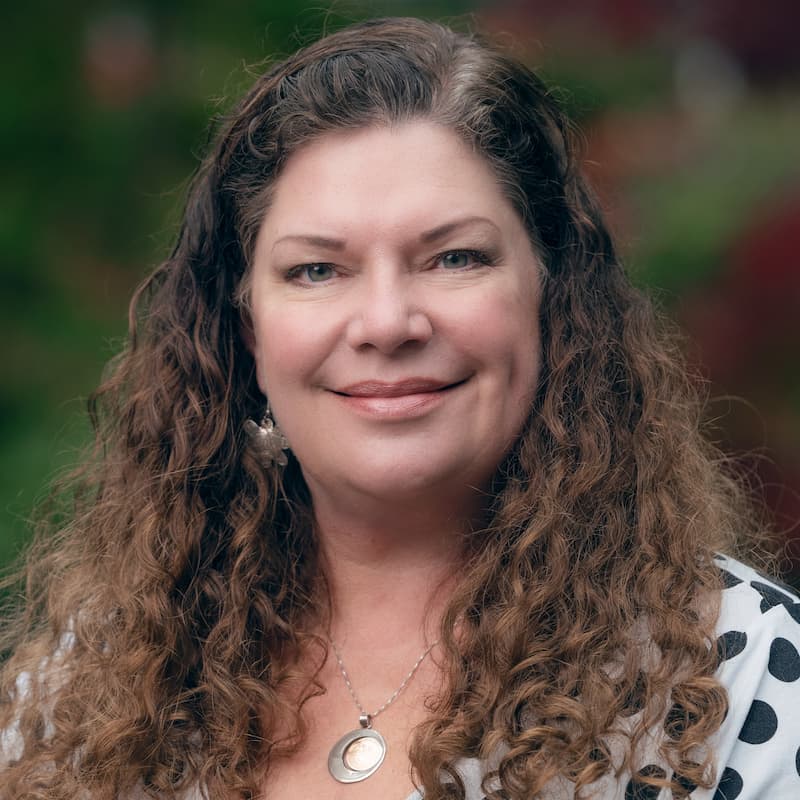UBC-led research shows climate change is heating up wine regions worldwide—altering how grapes grow, ripen and how your wine tastes.
If you drink wine, chances are it already tastes different—rising global temperatures are transforming winegrowing regions around the world.
A major global study led by UBC Forestry researchers reveals that temperatures during the growing season have increased globally across the major wine regions. On average, regions have warmed by the equivalent of almost 100 extra growing degree days (GDD)—a measure of the cumulative heat that vines are exposed to, influencing their growth and ripening.
“Europe is feeling the biggest impact, with parts of the continent heating up by as much as 2.5°C since 1980. That kind of change can affect harvest times, grape ripening, and thus the taste of the wine,” said Dr. Elizabeth Wolkovich, senior author of the study and an associate professor at UBC’s faculty of forestry.
Unlike previous studies focused on a single country or region and often one grape variety, this study analyzed data from winegrowing areas across five continents and considered over 500 varieties. It examined average temperatures, as well as extreme heat, seasonal timing and winter temperatures—offering one of the most comprehensive pictures yet of how climate change is reshaping viticulture.
Heat waves and hard limits
One of the most worrying trends is the growing number of extremely hot days (above 35 C), which can seriously damage grapevines. Parts of eastern and western Europe are now experiencing up to one more of these extreme days per growing season than they were a few decades ago.
“That may not sound like much, but for vines already near their heat limit and for regions in Europe that rarely saw such temperatures before, it’s a big challenge. Regions that are already hot, like northern Africa and western Asia, are particularly at risk,” said Dr. Victor van der Meersch, study co-author and a postdoctoral researcher at UBC. Even a small temperature increase can lead to heat stress, water shortages and a higher risk of wildfires, making traditional grape-growing practices harder to maintain.
Different impacts on regions
While the study shows a universal warming trend across the world’s wine regions, it highlights how climate change is affecting different areas in unique ways. Northern Africa and western Asia saw significant increases in average temperatures and growing degree days, but their increase in extreme heat was comparatively smaller. In contrast, southern and western Europe are seeing nearly five times as many extreme heat days as they did in 1980.
Apart from heat, warmer winters and nights are changing grapevine growth and the timing of key stages like budburst and harvest. The study found that winter temperatures have increased by about 1 C globally, with Oceania (including Australia and New Zealand) and central and eastern Asia seeing some of the largest changes.
New tech, new grapes
So, what can vineyards do? The study suggests that growers adapt fast, adopting both short-term solutions and long-term planning to deal with hotter, drier and more unpredictable conditions.
In many regions, adaptation is already underway. Many are considering drought-resistant rootstocks and varieties new to their region, as well as adjusting pruning and harvest times.
Dr. Wolkovich notes that switching grape varieties isn’t always easy, especially in regions that rely on a few popular types. “We need more diversity in the grapes we grow. Choosing heat-tolerant varieties helps, but we also need to be mindful of when those grapes grow and ripen. Timing is everything.”
Technology is also helping growers. Soil sensors, satellite imagery and weather stations provide real-time data, allowing winemakers to make smarter decisions about watering, harvesting and crop protection. But such new technology can only go so far, especially as the world continues to heat up. “It’s definitely not the end of winemaking as we know it – but it is a major challenge,” said Dr. Wolkovich. “The type and quality of wine in our glasses tomorrow will very much depend on what we do in the vineyards today, and especially on the global decisions we make to reduce greenhouse gas emissions.”
The study was published in PLOS Climate.
Originally published on news.ubc.ca











